- Home›
- Healthy Living›
- 10 Tips To Care For Senior Citizens With Arthritis
10 Tips To Care For Senior Citizens With Arthritis
By: Priyanka Maheshwari Mon, 01 Apr 2024 12:26:55

Arthritis is a widespread condition that affects millions of people worldwide, including many of our beloved senior citizens. It's more than just joint pain; it can significantly impact one's ability to move, perform daily tasks, and enjoy life to the fullest. For those in the role of caretaker, whether family members or friends, witnessing a loved one battle with arthritis can be heart-wrenching. The toll it takes on their physical health and emotional well-being is profound, and as caretakers, we often feel a deep sense of responsibility to provide them with the best possible care and support.
In this blog post, we aim to address the challenges faced by seniors living with arthritis and offer practical advice on how to assist them effectively. By implementing these strategies, we can help alleviate their pain, enhance their mobility, and improve their overall quality of life. Our goal is to empower caretakers with the knowledge and tools they need to make a positive difference in the lives of their elderly loved ones, enabling them to find joy and comfort despite the limitations imposed by arthritis. Let's explore some simple yet impactful ways to support seniors in managing their arthritis symptoms and fostering a sense of well-being and happiness in their daily lives.
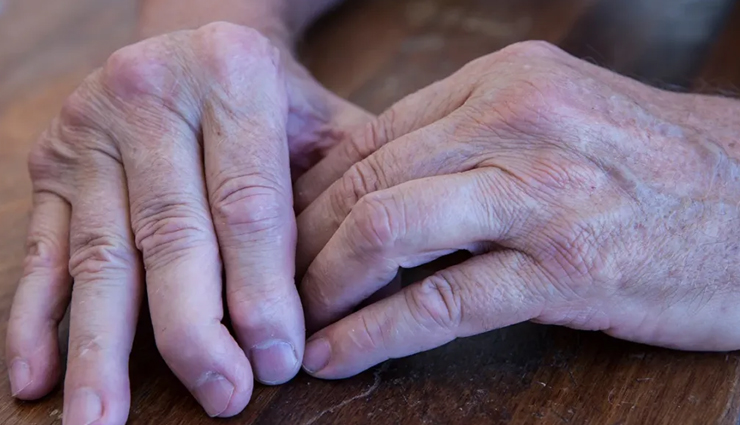
Understand the Types of Arthritis
It is important to first understand the various types of arthritis that exist in order to properly provide care for a senior citizen suffering from this condition. There are two main types, osteoarthritis, and rheumatoid arthritis. Osteoarthritis is characterized by joint pain and stiffness due to the wearing down of cartilage. Rheumatoid arthritis is an autoimmune disorder in which the body's own immune system attacks its joints leading to swelling and joint pain.
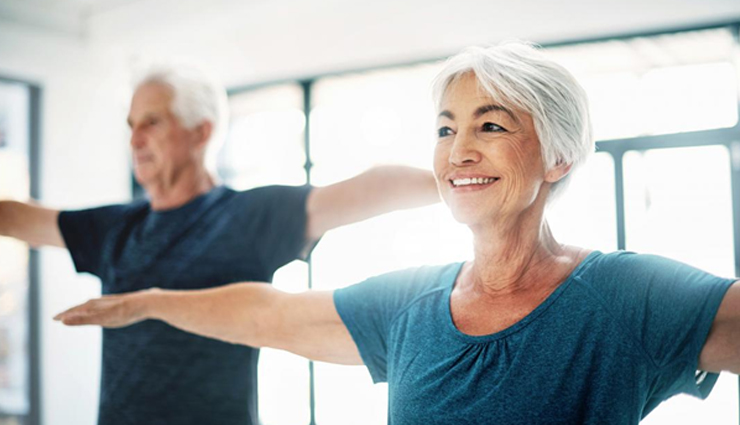
Physical Therapy
A physical therapist can help seniors suffering from arthritis by providing simple exercises that focus on increasing strength, flexibility, balance, and coordination. These exercises should be done regularly and monitored to ensure that the patient is doing them correctly. Physical therapists can also help seniors with arthritis by providing them with special splints, braces, or supports to reduce the pain associated with certain movements.
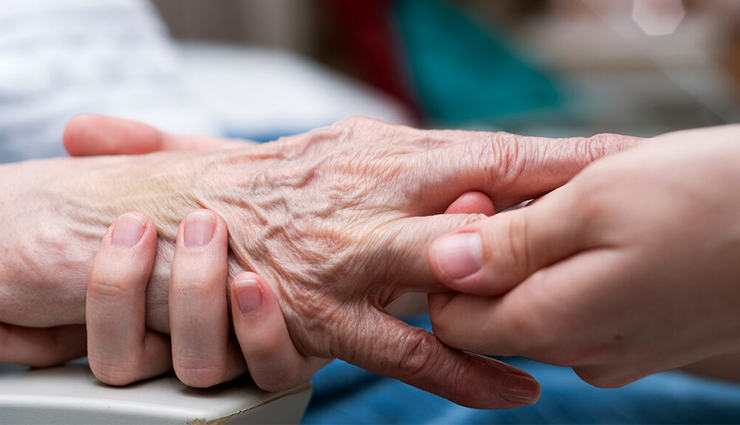
Massage Therapy
Massage therapy has been known to provide relief for those who suffer from arthritis by increasing circulation, decreasing inflammation, and reducing muscle tension. A massage therapist can tailor a session specifically for seniors suffering from this condition in order to target areas of tightness or discomfort without overstretching the joints.
Opting for an assisted living tool service can also be beneficial for seniors with arthritis.

Diet and Nutrition
A healthy diet is essential to aiding recovery, especially if the person is suffering from a chronic condition like arthritis. Eating healthy foods such as fruits and vegetables can help decrease inflammation due to their anti-inflammatory properties. A well-balanced diet with plenty of fresh fruits, vegetables, lean proteins, and whole grains is essential for seniors with arthritis. Certain foods like fish oil and turmeric may also help reduce joint swelling and pain associated with the condition. Foods that are high in Omega-3 fatty acids, such as salmon, tuna, flaxseed oil, and walnuts, can help reduce inflammation, while other joint-friendly foods like broccoli, spinach, kale, olive oil, and garlic can also provide relief from the pain associated with arthritis. Additionally, it is important to ensure adequate hydration by drinking plenty of water throughout the day.
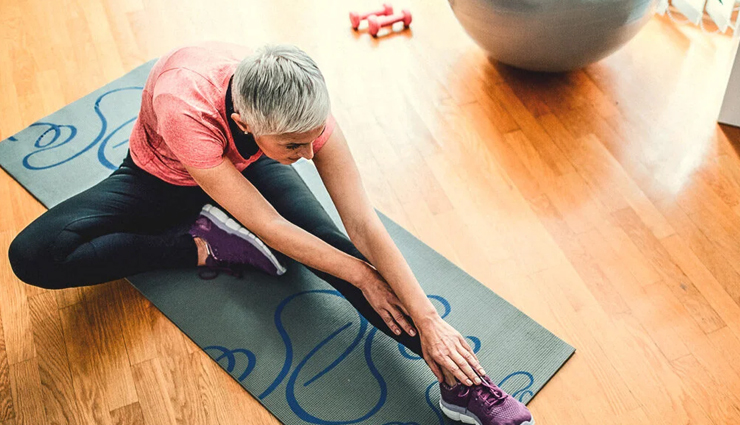
Exercise
Just because someone has arthritis does not mean that they cannot exercise at all; it just means that any form of physical activity must be tailored according to their individual capabilities and must be gentle. Encourage your loved one to move around as much as possible, either through light stretching or walking, and provide necessary support if needed. Low-intensity exercises such as yoga, tai chi, or walking can help seniors increase flexibility and range of motion without putting too much stress on the joints. Swimming, walking, cycling, and other low-impact exercises are great for seniors who have arthritis because they place minimal stress on the joints. It is essential to start slowly and build up stamina over time in order to avoid injury. Additionally, seniors should make sure they are always using proper body mechanics when carrying out any physical activity.

Pain Management
Pain medications such as nonsteroidal anti-inflammatory drugs (NSAIDs) may be prescribed if necessary. It is also an important step in avoiding potential side effects and drug interactions. Speak to your doctor or pharmacist to get a complete list of all the drugs prescribed, their dosage, and possible side effects. There are certain natural remedies that may be helpful in providing some relief from the pain associated with arthritis. For example, massaging sore joints with warm olive oil or applying a topical solution made from turmeric powder dissolved in hot water has been shown to ease inflammation and reduce joint pain significantly. Other options include soaking in hot baths infused with Epsom salts or the application of heat and cold packs to the affected area.

Stress Management
Managing stress is essential when caring for someone suffering from arthritis. Meditation, yoga, breathing exercises, and other relaxation techniques can be very beneficial in reducing tension levels while also promoting overall physical health. Additionally, making sure that your loved one gets enough restful sleep every night can help improve their quality of life significantly.
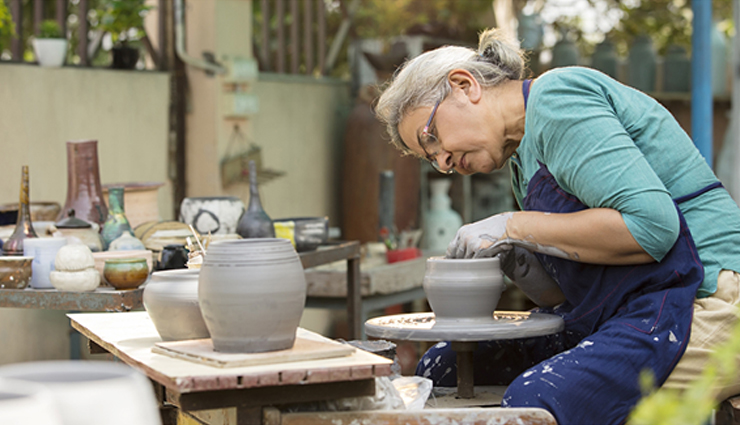
Maintaining Independence
Keeping seniors as independent as possible can be vital for their self-esteem. Encourage them to do things for themselves as much as possible and provide assistance where necessary. Helping seniors maintain a sense of independence is important not only for their physical health but also for their emotional well-being.
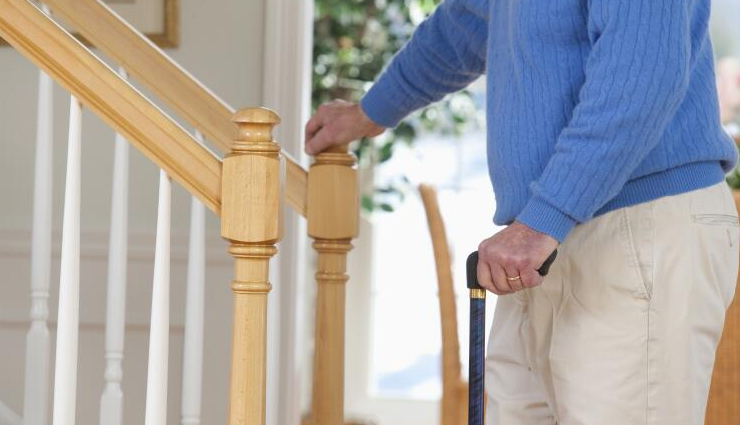
Use Aids
To help them carry out activities with minimal discomfort, use appropriate aids like handrails, walkers, and other equipment that can help in getting around. Assistive devices such as grab bars, bath benches, and walkers can help elderly people with arthritis to maintain their mobility and independence. Additionally, you can also buy specialized items such as ergonomic utensils for eating and arthritis-friendly shoes for wearing outdoors.

Alternative Treatment
Natural treatments such as acupuncture, herbs, and supplements can provide additional relief from joint pain associated with arthritis when used properly under the guidance of a healthcare professional. Massage therapy can also help in decreasing the stiffness and tension associated with arthritis, as well as promoting good circulation to reduce inflammation.
Conclusion
It's essential that we all do our part in looking after senior citizens who suffer from arthritis and make sure they are well taken care of. Emotional support is just as important as physical support when it comes to managing arthritis symptoms. Make sure that they have plenty of encouragement from family and friends who understand the condition and will provide emotional comfort during flare-ups. There are even online forums where those suffering from any form of chronic pain can connect with others who have experienced similar issues.





